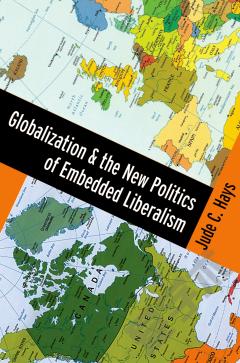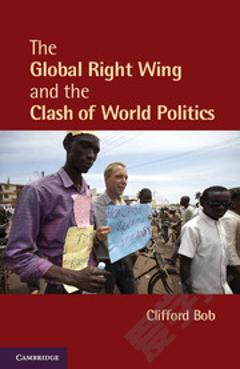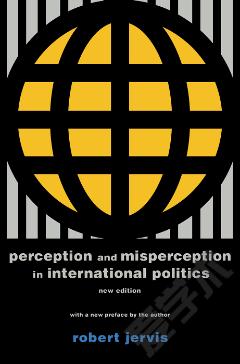Globalization and the New Politics of Embedded Liberalism
As the world economy slides into the worst recession since the 1930s, there is fear that hard times will ignite a backlash against free trade policies and globalization more generally. This book explores the political and economic institutional foundations of the bargain of embedded liberalism and the ways domestic institutions shape how governments redistribute the risks and benefits of economic globalization. The author identifies the Anglo-American democracies, because of their majoritarian polities combined with decentralized, competitive economies, as uniquely vulnerable to the contemporary challenges of globalization and the most susceptible to a backlash against it.
{{comment.content}}








 京公网安备 11010802027623号
京公网安备 11010802027623号